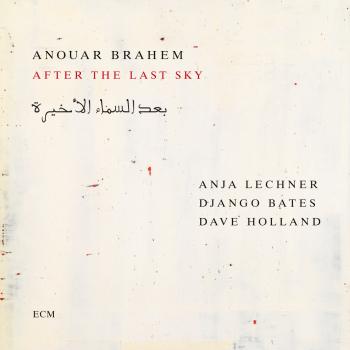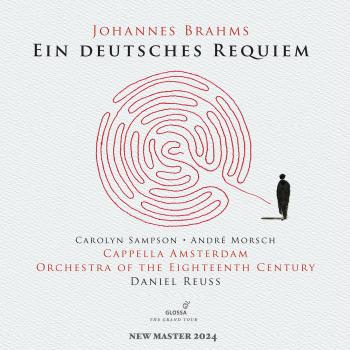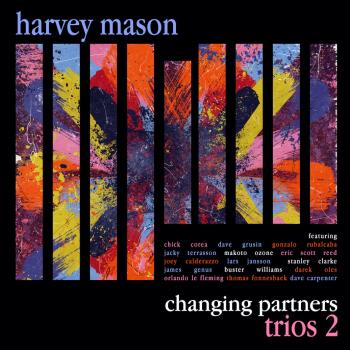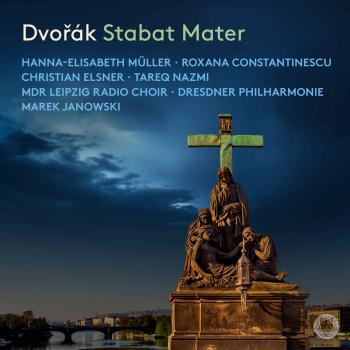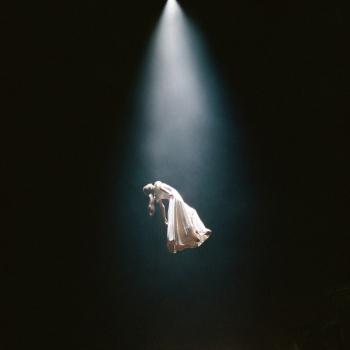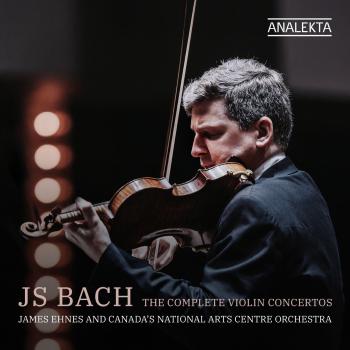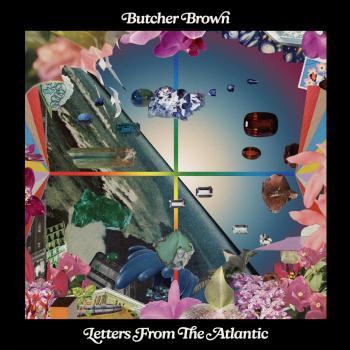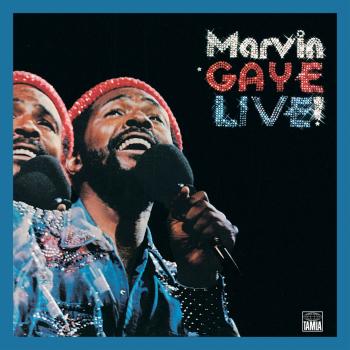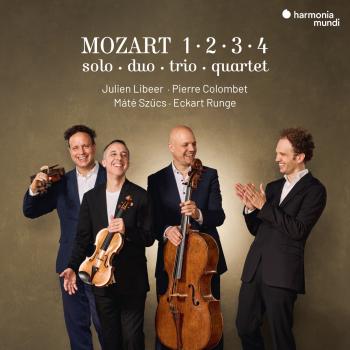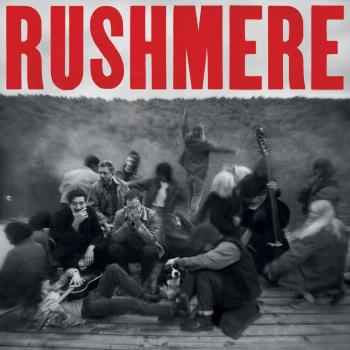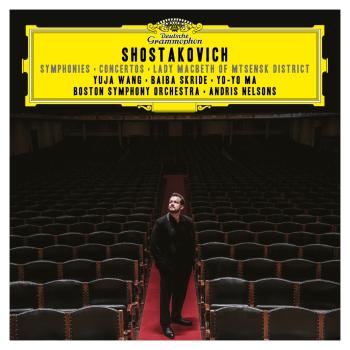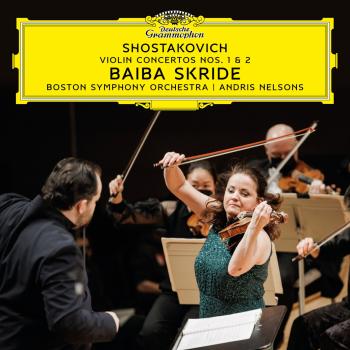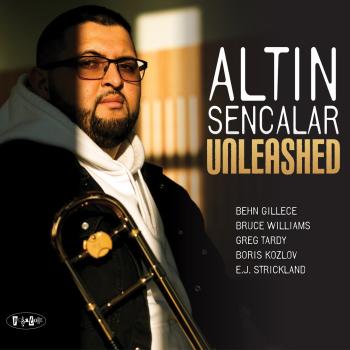
Méditation Andreas Staier
Album info
Album-Release:
2023
HRA-Release:
02.02.2024
Label: Alpha Classics
Genre: Classical
Subgenre: Instrumental
Artist: Andreas Staier
Composer: Johann Jakob Froberger (1616-1667), Andreas Staier, Johann Sebastian Bach (1685–1750), François Couperin (1668-1733)
Album including Album cover Booklet (PDF)
- Johann Caspar Ferdinand Fischer (1656 - 1746): Ariadne Musica:
- 1 Fischer: Ariadne Musica: No. 8, Prelude & Fugue in E Major 01:43
- Johann Joseph Fux (1660 - 1741): Gradus ad Parnassum:
- 2 Fux: Gradus ad Parnassum: Fugue 00:53
- Johann Caspar Ferdinand Fischer: Ariadne Musica:
- 3 Fischer: Ariadne Musica: No. 2, Prelude & Fugue in C-Sharp Minor 01:34
- Louis Couperin (1626 - 1661): Pavane in F Sharp Minor:
- 4 Couperin: Pavane in F Sharp Minor 08:12
- Johann Caspar Ferdinand Fischer: Ariadne Musica:
- 5 Fischer: Ariadne Musica: No. 4, Prelude & Fugue in D Major 01:27
- Johann Jakob Froberger (1616 - 1667): Ricercar IV:
- 6 Froberger: Ricercar IV 02:31
- Johann Caspar Ferdinand Fischer: Ariadne Musica:
- 7 Fischer: Ariadne Musica: No. 16, Prelude & Fugue in A Major 01:13
- Johann Jakob Froberger (1616 - 1667): Méditation sur ma mort future in D Major:
- 8 Froberger: Méditation sur ma mort future in D Major 06:03
- Fantasia II in A Minor, FbWV 202:
- 9 Froberger: Fantasia II in A Minor, FbWV 202 02:51
- Andreas Staier (b.1955): Anklänge. Six Pieces for Harpsichord:
- 10 Staier: Anklänge. Six Pieces for Harpsichord: I. Tempo flessibile 05:39
- 11 Staier: Anklänge. Six Pieces for Harpsichord: II. Largo 06:33
- 12 Staier: Anklänge. Six Pieces for Harpsichord: III. Con forza 03:53
- 13 Staier: Anklänge. Six Pieces for Harpsichord: IV. Un poco più lento del Preludio BWV 878/1 08:03
- 14 Staier: Anklänge. Six Pieces for Harpsichord: V. Sempre legatissimo 01:51
- 15 Staier: Anklänge. Six Pieces for Harpsichord: VI. Esitando 05:40
- Johann Sebastian Bach (1685 - 1750): Prelude and Fugue in E Major, BWV 878:
- 16 Bach: Prelude and Fugue in E Major, BWV 878: I. Praeludium 05:31
- 17 Bach: Prelude and Fugue in E Major, BWV 878: II. Fuga 03:08
Info for Méditation
Andreas Staier’s informed and inspired interpretations have left their mark on the discography of both the harpsichord and the fortepiano and have enabled us to see Bach, Mozart and Schubert in a completely new light. This is Staier’s first solo album of a projected series for Alpha Classics, in which he also presents his own compositions for the first time. “Two motifs connect the works in this recording: the first is a ancient cantus firmus, a melody in long notes [...] the second is the interval sequence of octave, fifth, sixth, and third. [...] Anklänge , my six pieces for harpsichord, grew out of several conversations I had with the composer Brice Pauset about what it means to compose in our time, and in particular what it implies to compose for historical instruments. This led me to ask myself how I could express and capture my own conception of music in notes, marked as it is not only by Byrd, Bach and Schubert, but also by the music of the 20th and 21st centuries."
Andreas Staier, harpsichord
Andreas Staier
studied piano and gained his Baccalaureate in Göttingen, then went to Hanover where he studied piano, harpsichord and chamber music at the Staatliche Hochschule für Musik. It was whilst playing with the Hanover Conservatory Baroque Orchestra that Staier became acquainted with the harpsichord, and it was the discovery of the English repertoire, originally written for the virginal, that sparked him into deciding to study this instrument. He attended master-classes by Gustav Leonhardt and completed his studies at the Sweelinck Conservatory in Amsterdam with Ton Koopman where he graduated with distinction after two years.
In the early 1980s Staier was harpsichordist with Musica Antiqua Köln with whom he toured throughout Europe, North and South America, Australia, New Zealand and South East Asia. During this period he also concentrated on the study of the fortepiano.
A teaching post at the Schola Cantorum in Basle, Switzerland was combined with a performing career as soloist on the harpsichord and fortepiano, during which Staier appeared at Carnegie Hall in New York, Wigmore Hall in London, Suntory Hall in Japan and the Philharmonie in Berlin. He also appears regularly with the Freiburger Barockorchester, Concerto Köln, the Orchestre des Champs-Elysées and the Akademie für Alte Musik, Berlin. Staier is also in demand as an accompanist, and he works regularly with cellist Anner Bylsma and tenor Christoph Prégardien. He also appears at many of the best-known music festivals including La Roque d’Anthéron in France, the Montreux Festival in Switzerland and the Schleswig-Holstein in Germany.
Staier is one of the best fortepianists of the day. His performances are always interesting, and never sound dull, dry or boring in a musicological way. He does not try to educate the public into hearing how Mozart’s or Schubert’s music would have sounded to the composers, but by playing the music with taste, style and panache on perfectly regulated instruments, puts forward a case as good as any to hear these works on an alternative to the modern grand piano. One clue to his style may be found in an interview from July 1997 where he said, ‘When you hear recordings and piano rolls of Leschetizky or Moriz Rosenthal playing Liszt or Chopin they sound as if they’re composing the music themselves, playing with a kind of freedom, especially rhythmic freedom, which has nothing to do with a lack of respect, but gives a real insight into the music’s inner function…Unlike so many modern pianists, who sound as if they’re taking musical dictation, these older pianists play in musical gestures rather than individual notes. For me their playing is far more “authentic” than the mechanical interpretations you often hear today.’
Staier has recorded for BMG, and from 1995 to 2002 was under exclusive contract to Teldec Classics; after that he has recorded for Harmonia Mundi. For BMG, highlights include three volumes of selected sonatas and variations by Haydn recorded on an excellent-sounding instrument that is a 1982 copy of 1792 fortepiano. On the harpsichord Staier has recorded two volumes of sonatas by Scarlatti and there is a disc of works by C.P.E. Bach where he plays both harpsichord and fortepiano. For Teldec Staier has recorded piano concertos by Mozart, Salieri, Mendelssohn and John Field. Highlights of the solo recordings include a disc of music by William Byrd entitled John come kiss me now, Schubert’s last three piano sonatas on an original fortepiano from 1825, and lieder by Krufft, Lachner, Beethoven and Schubert with Christoph Prégardien. Of the Schubert sonatas Stephen Johnson wrote in The Gramophone, ‘As a final judgement, I’d say that this is the most impressive fortepiano recording I’ve heard. And that goes for the sound quality too.’ Staier’s recording of Schubert’s Die Winterreise with Christoph Prégardien also received glowing reviews. Alan Blyth found himself to be ‘…under the spell of this new version, finding it the most convincing of all, allied as it is to a finely balanced recording by West German Radio…’. After complimenting Prégardien, Blyth wrote, ‘Staier is just as revelatory…you have the sense of performers who have lived together with the cycle and conceived a unified, thought-through vision.’ Another solo disc titled Variaciones del fandango Español contains eighteenth century works Staier has unearthed in various libraries. For Harmonia Mundi Staier has recently recorded solo works by Mozart and some of Haydn’s concertos with the Freiburger Barockorchester.
Booklet for Méditation

